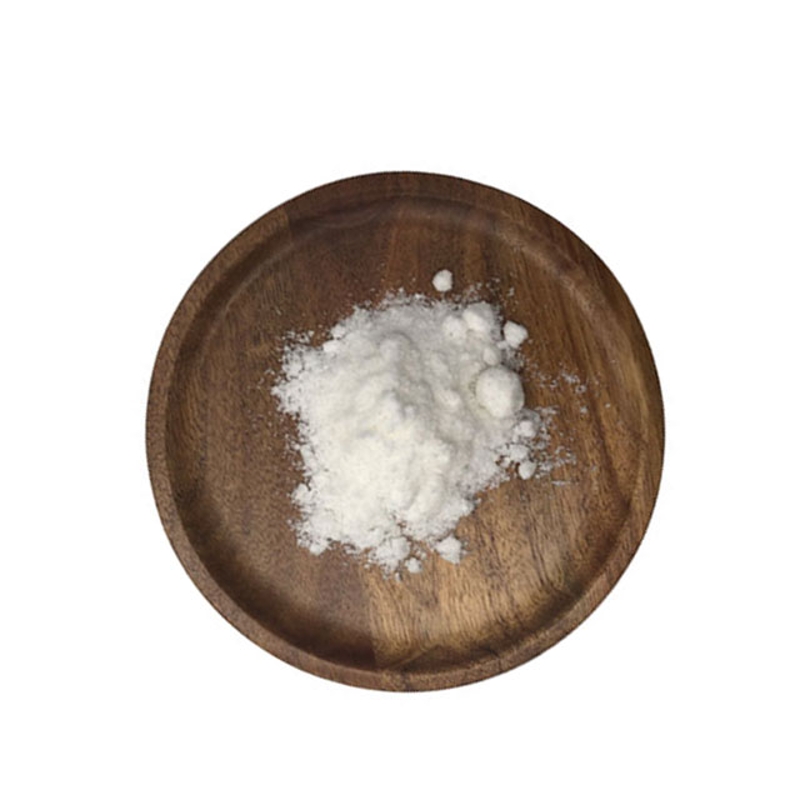-
Categories
-
Pharmaceutical Intermediates
-
Active Pharmaceutical Ingredients
-
Food Additives
- Industrial Coatings
- Agrochemicals
- Dyes and Pigments
- Surfactant
- Flavors and Fragrances
- Chemical Reagents
- Catalyst and Auxiliary
- Natural Products
- Inorganic Chemistry
-
Organic Chemistry
-
Biochemical Engineering
- Analytical Chemistry
- Cosmetic Ingredient
-
Pharmaceutical Intermediates
Promotion
ECHEMI Mall
Wholesale
Weekly Price
Exhibition
News
-
Trade Service
The use of r-tPA (recombinant tissue-type plasma protein activator/alteplase) for intravenous thrombolytic therapy is an effective medical treatment for acute ischemic stroke (AIS)
.
Although elevated blood pressure after AIS is common and often reaches extreme levels, and is associated with poor prognosis, the benefits of blood pressure control during thrombolytic therapy are still controversial.
Stroke
However, the blood pressure part of the recently completed quasi-factor study ENCHANTED (Strengthening the Control of Hypertension and Thrombolytic Treatment of Stroke) section suggests that a lower target may further improve the prognosis of this patient population
.
In AIS patients with elevated SBP (150-180 mmHg) who are eligible for thrombolysis and receive treatment, compared with standard (SBP<180 mmHg) blood pressure reduction for 72 hours, intensive control of blood pressure (target SBP, 1 130-140 mmHg within hours) does not improve clinical recovery, but the treatment does cause intracranial hemorrhage (ICH), especially a significant reduction in the key safety result of large-area intracerebral hemorrhage
Among the various measures used to define SBP control, studies have shown that the higher the average value of SBP, the greater the variability, and the smaller the decrease after thrombolysis, are related to the higher the incidence of ICH and the worse the functional outcome of AIS.
.
.
However, such observational analysis may be complicated by residual confounding factors and incomplete evaluation of the interaction between variables, without aggravating cerebral ischemia, functional recovery and optimal SBP control of ICH risk The level is unknown
.
Therefore, Xia Wang and others of the University of New South Wales conducted a post-hoc analysis (post-hoc) of the completed ENCHANTED data set, including the combined alteplase dose 6 and blood pressure group to determine the summary measures-1 The relationship between the (mean) and variability (SD) reached within 24 hours, and the decline within 1 hour of early SBP control, is associated with key clinical outcomes
.
Post-event analysis of ENCHANTED (enhanced control of hypertension and thrombolytic therapy for stroke), this is a partial factor trial, patients with acute ischemic stroke who meet the conditions of thrombolytic therapy, SBP is high (150-180mmHg), are assigned to Low-dose (0.
6mg/kg) or standard dose (0.
9mg/kg) alteplase and intensive (target SBP, 130-140mmHg) or guidelines recommended (target SBP<180mmHg) treatment
.
All patients were followed up to 90 days to understand the functional status and serious adverse events
.
The logistic regression model was used to analyze the three SBP summary measures after randomization: reaching (average), change within 1-24 hours (SD), and decrease within 1 hour
The main result is a favorable shift in the revised Rankin scale
.
The key safety outcome is any intracranial hemorrhage
Among the 4,511 participants (mean age 67 years, 38% women, 65% Asian), lower SBP and smaller SBP variability were associated with favorable changes in the modified Rankin scale (each Increase by 10mmHg: odds ratio, 0.
76[95%CI, 0.
71-0.
82], P<0.
001 and 0.
86[95%CI, 0.
76-0.
98], P=0.
025), but has nothing to do with the decrease in SBP (0.
98, [0.
93- 1.
04], P=0.
564)
.
The probability of intracranial hemorrhage is related to higher achieved SBP and greater SBP variability (1.
18[1.
06-1.
31], P=0.
002 and 1.
34[1.
11-1.
62], P=0.
002), but it has nothing to do with the magnitude of SBP decline (1.
05[0.
98-1.
14], P=0.
184)
.
The important significance of this study lies in the discovery: SBP <140 mmHg within 24 hours, or even as low as 110 to 120 mmHg, is related to the better prognosis of patients with acute ischemic stroke treated by thrombolysis
.
.
Original Source:
Wang X, Minhas JS, Moullaali TJ, et al.
Associations of Early Systolic Blood Pressure Control and Outcome After Thrombolysis-Eligible Acute Ischemic Stroke: Results From the ENCHANTED Study.
Stroke.
Associations of Early Systolic Blood Pressure Control and Outcome After Thrombolysis-Eligible Acute Ischemic Stroke: Leave a message here







